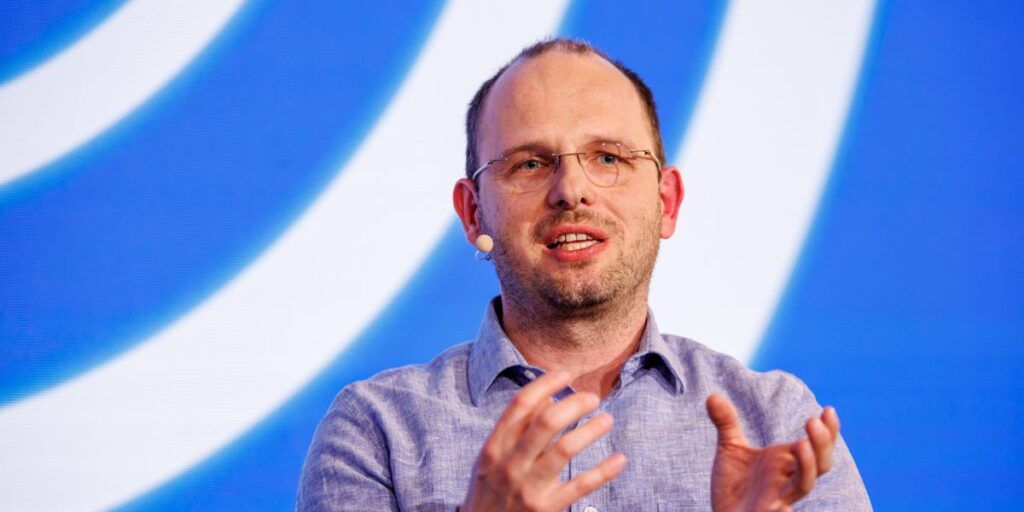In an unambiguous message to the global developer community, GitHub CEO Thomas Dohmke warned that software engineers should either embrace AI or leave the profession.
His candid statement, part of a blog post titled “Developers, Reinvented,” underscores the dramatic transformation underway in software development, a shift not just in how code is written, but in the very nature of what it means to be a developer.
The blog drew from interviews with 22 developers already deeply integrating AI into their workflows. Their experiences paint a clear picture: AI isn’t a distant future, it’s a present necessity.
“Either you have to embrace the Al, or you get out of your career,” Dohmke wrote, citing one of the developers who GitHub interviewed.
This is the latest example of a strange marketing strategy by AI companies. Instead of selling products based on helpful features and letting users decide, executives often deploy scare tactics that essentially warn people they will become obsolete if they don’t get on the AI bandwagon. For instance, Julia Liuson, another executive at Microsoft, which owns GitHub, recently warned employees that “using AI is no longer optional.”
From skeptics to strategists
Dohmke said developers who initially dismissed tools such as GitHub Copilot as gimmicks now see them as indispensable collaborators. Through trial and error, these people have evolved from skeptics to AI strategists, learning to delegate coding tasks to AI agents and focusing their efforts on context design, prompt engineering, and verification, the CEO added.
This is no marginal change. Developers at the leading edge of this transition report that their roles have shifted from writing code to architecting and auditing the code generated by AI. They speak of themselves not as coders, but as “code enablers” or even “creative directors of code,” Dohmke wrote in his blog.
Redefining developer value
The CEO argued that this transformation does not diminish developers’ value, but redefines it. Those who adopt AI tools early gain leverage, not redundancy. The blog highlights a major mindset shift: instead of optimizing solely for speed or efficiency, developers are using AI to raise the ambition of what’s possible, Dohmke wrote, while noting that complex, large-scale refactoring tasks or multi-agent feature builds that once seemed out of reach are now achievable.
This reframing comes with a career challenge: adapt or risk becoming obsolete. As AI rapidly advances toward automating up to 90% of code writing — a timeline developers estimate could arrive within just two to five years — the skills that will matter most include system design, AI fluency, delegation, and quality assurance, he predicted.
“The software developer role is set on a path of significant change. Not everyone will want to make the change,” the CEO wrote. “Managing agents to achieve outcomes may sound unfulfilling to many, although we argue that’s what developers have been doing on a lower level of abstraction, managing their computers via programming languages to achieve outcomes.”
Humans are often reluctant to change, and Dohmke ended his blog by saying “that’s okay.”
What’s clear is that the CEO thinks these humans should seek another profession.
Maybe plumbing?
Sign up for BI’s Tech Memo newsletter here. Reach out to me via email at [email protected].
Read the full article here
















